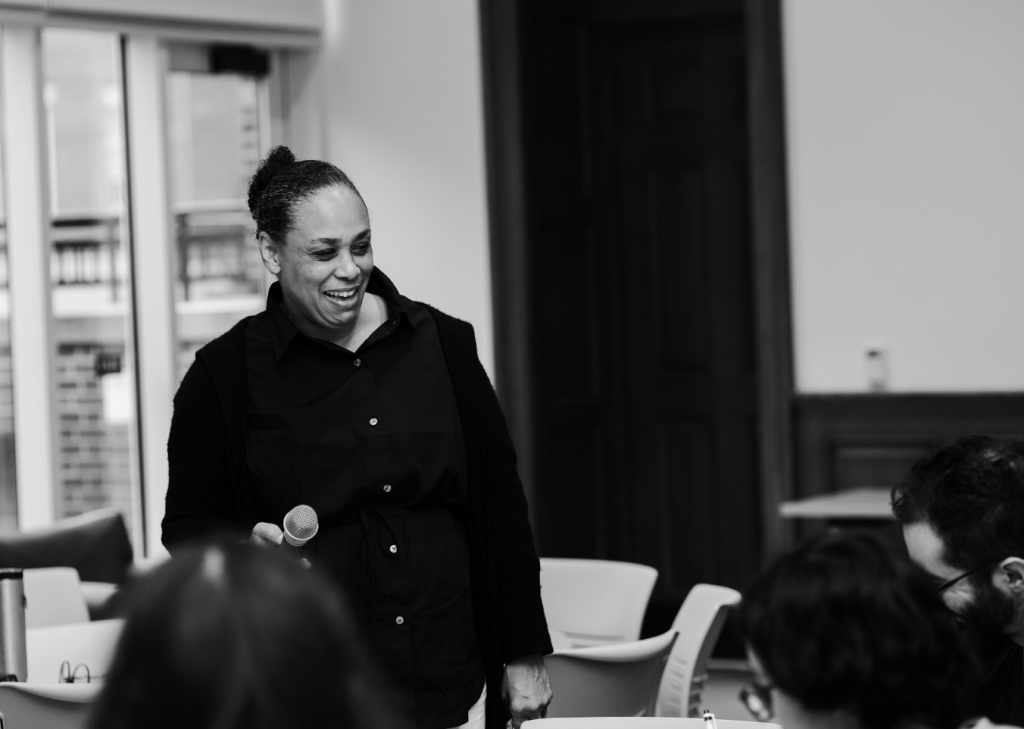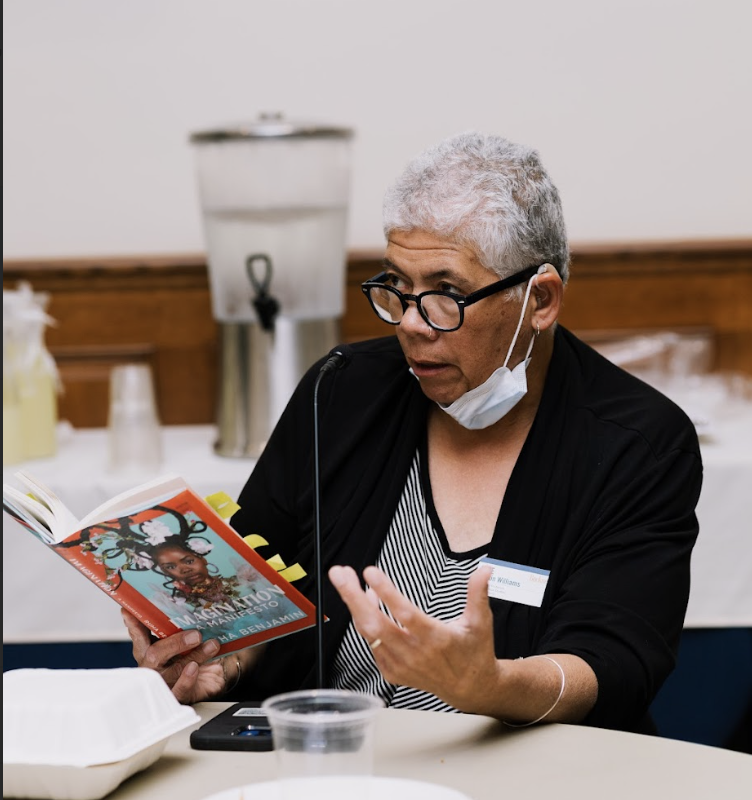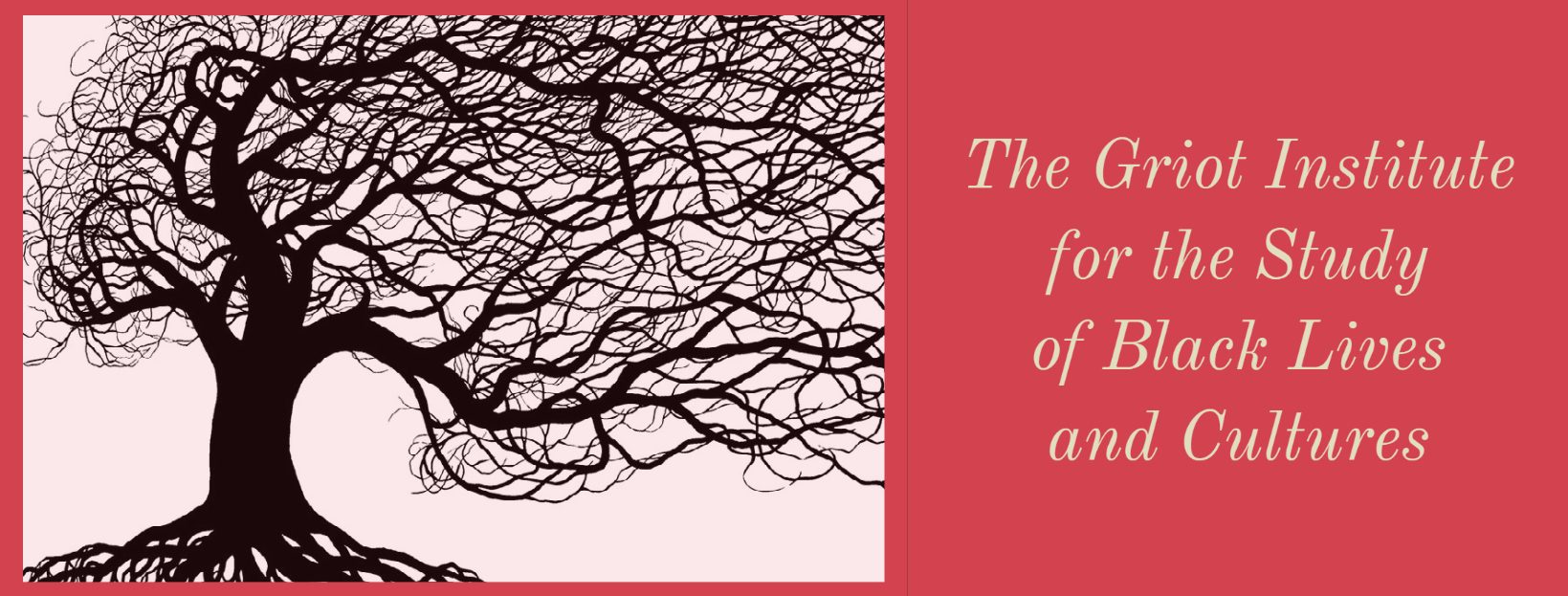
The capacity for imagination is often overlooked in our modern time, relegated to unproductive pastimes or associated with childhood fancy– unimportant, useless activity with no functional purpose in our society. Yet, despite this customary neglect toward the imaginative faculty, we always imagine or participate in the creations others imagine. The influence of imagination may be more empirically evasive, being physically unobserved. Still, in the act of imaginative creation, we pull the ideas from our minds and put them into our material reality. We see these creations in the entertainment industry, infrastructure, technological advancements, sociocultural ideologies, custom, food, art– the list could go on forever– because it is our ideas that create and shape our world.
Ruha Benjamin defends the importance of imaginative thinking in her manifesto Imagination, where she argues for the implementation of imagining to create a better world and recognizes the influence of imagination on our world. The issue is that in our focus on material reality, we treat ideas as fixed- solidifying and sedimenting them into our understanding of the world. Consequently, harmful or restricting ideologies become locked into the material makeup of reality– Benjamin speaks in particular on the antiblackness, racial exclusion and restriction from the reigning Idea-World. In this focus by Benjamin, we can see the influence of imagination.

However, as Benjamin points out, recognizing our capacity to imagine opens our minds to the possibility of changing the material circumstances of our world– deconstructing sedimented ideology and imagining better futures.
The first Griot Book Club of the year was lively despite the sleepy weather. Students and faculty participated actively, sharing their thoughts on the book and expressing their imagined futures, both local and global. That ideas are where tangible change begins.
The next Griot Book Group will take place on October 30 from 12-1 in the Hildreth-Mirza Great Room. Lunch will be provided and books will be given to the first 20 people to arrive. The book we will discuss is J.T. Roane’s Dark Agoras, which demonstrates how working-class Black communities cultivated two interdependent modes of insurgent assembly– dark agoras– in the twentieth centruy Philadelphia. He investigates the ways they transposed rural imaginaries about and practices of place as part of their spatial resistances. We hope to see you there! RSVP:https://forms.gle/2YAiS94YxJiaY1Lq6
— Ryleigh Roberts
